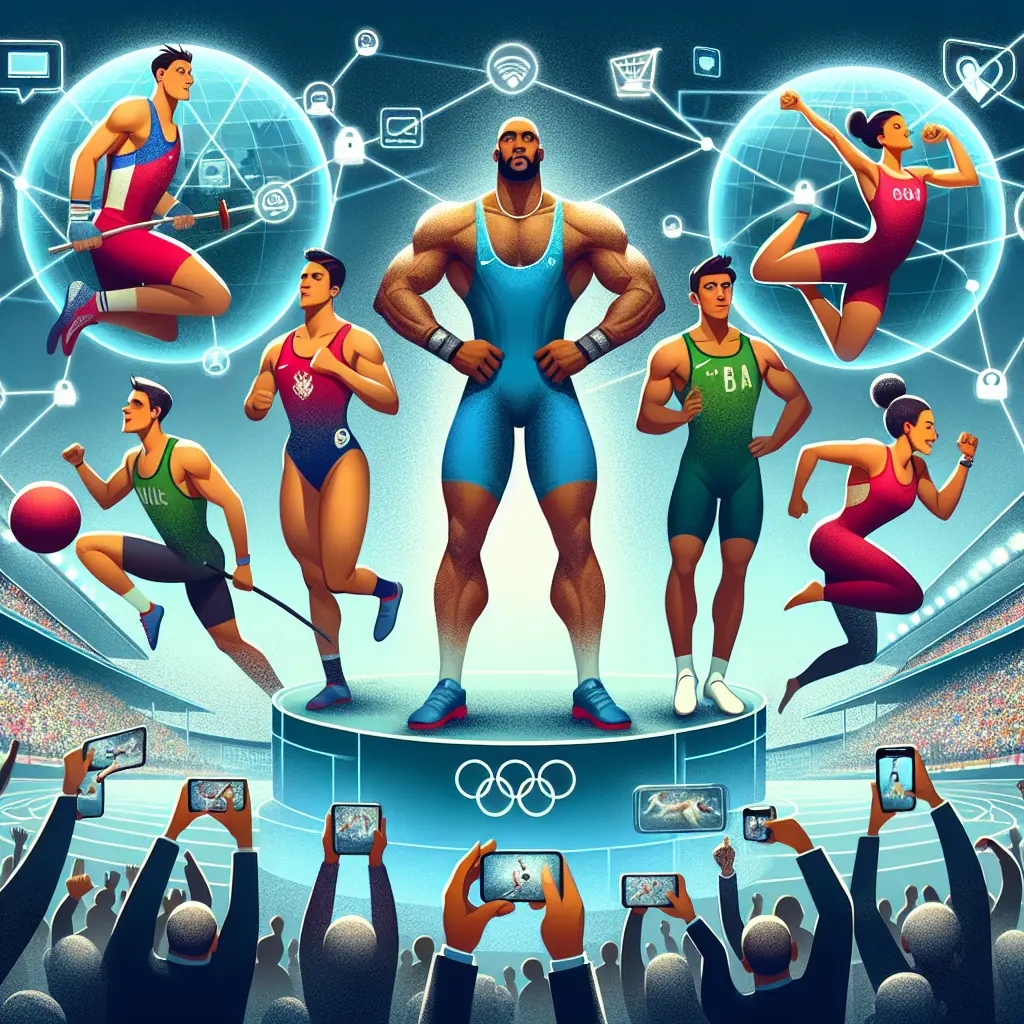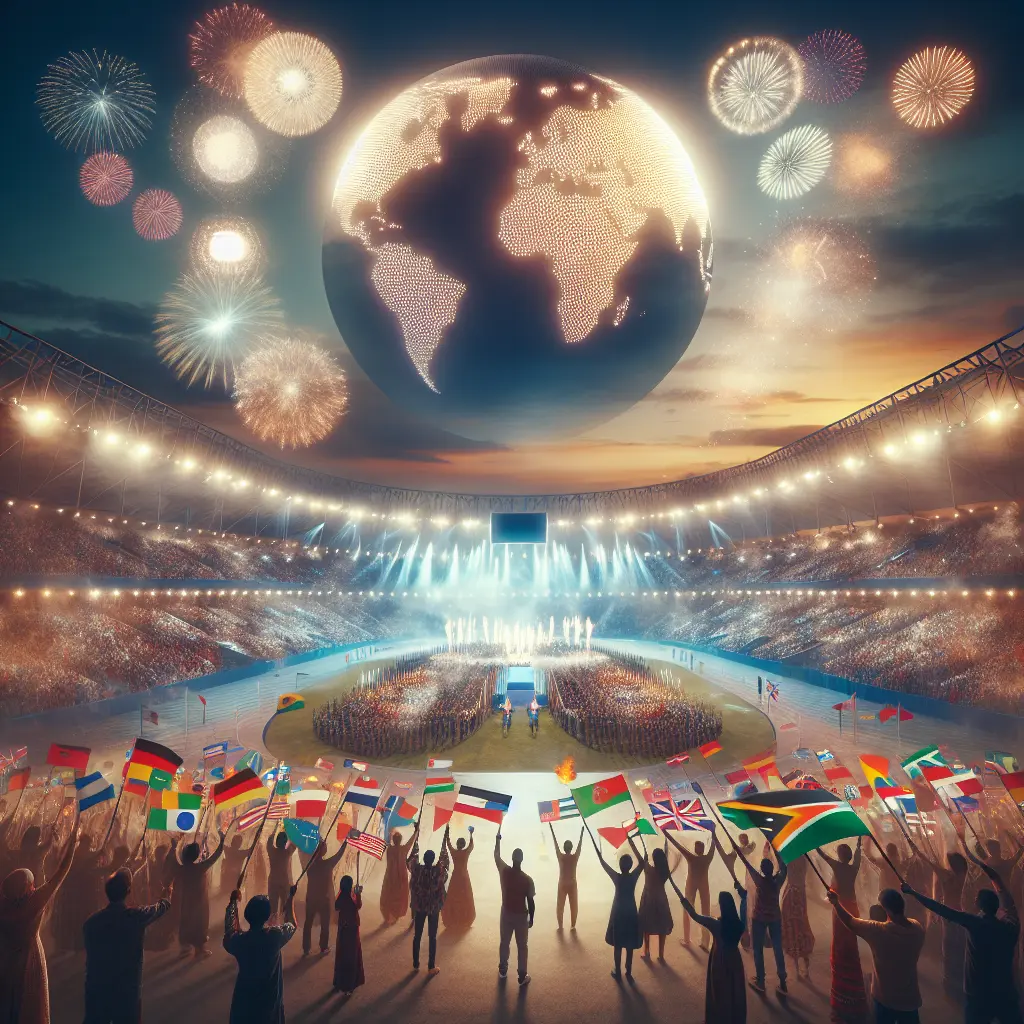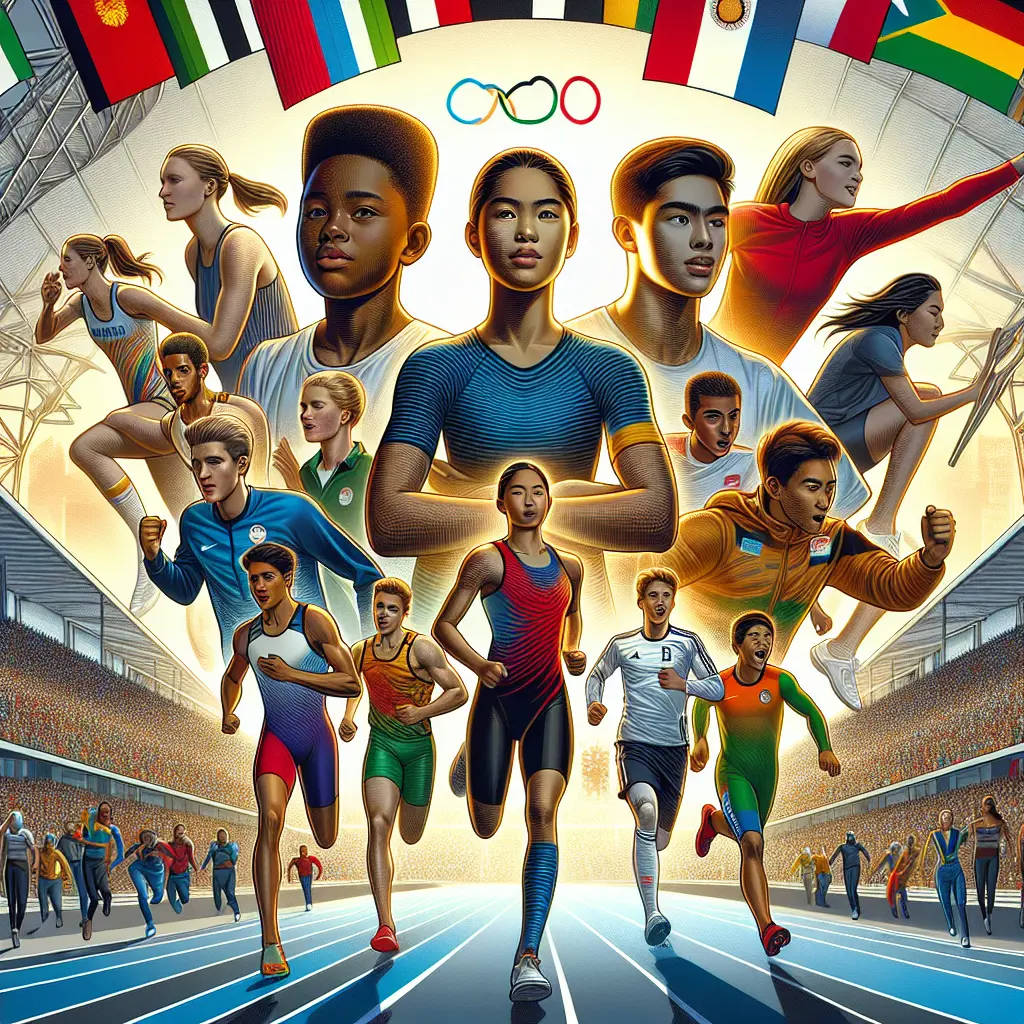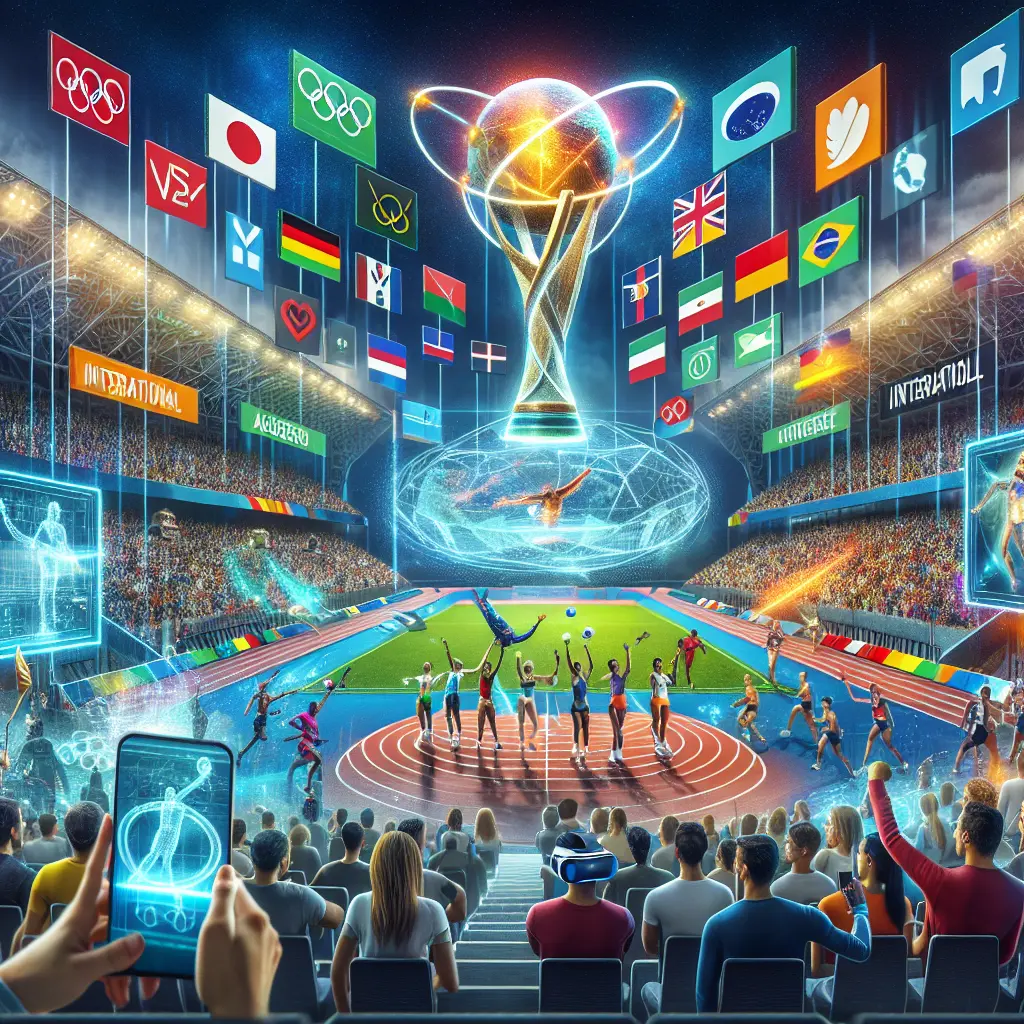In the digital age, the landscape of the Olympic Games is undergoing a significant transformation, largely propelled by the pervasive influence of social media. As we gear up for the 2024 Paris Olympics, it's crucial to understand how platforms like TikTok, Twitter, Instagram, and Facebook are reshaping the way we experience this global sporting spectacle. This in-depth exploration will dissect the social media impact on Olympics, focusing on athlete performance, fan engagement, and the overall presentation of the games.
The digital era has ushered in a new way to experience the Olympics. Platforms such as TikTok have become popular venues for viewership, offering short, engaging clips that capture the essence of the Games. This trend points to a broader shift in consumption preferences, especially among younger audiences who favor quick and engaging content over traditional long-form broadcasts. The instantaneous nature of social media allows fans to connect with the events and athletes in real-time, enhancing the interactive aspect of watching the Games.
Athletes are no longer just competitors; they are influencers and brand ambassadors. Platforms like Instagram and Twitter provide them with direct channels to cultivate their public persona and engage with fans. This online engagement can significantly impact their careers, attracting sponsorships and opening doors to opportunities beyond their athletic endeavors. However, this visibility also comes with pressure, as athletes must balance their professional responsibilities with their social media presence.
The role of social media in shaping public perception and enhancing viewer experience cannot be understated. NBC's innovative approach to Olympics broadcasting demonstrates how traditional media is converging with new media to create a comprehensive viewing experience. By integrating streaming services with social media insights, NBC is setting a new standard for how sporting events are presented to the world.
While social media offers numerous benefits, it also presents potential distractions and pressures that can affect an athlete's performance. The need for constant connectivity can lead to mental fatigue, which might impact their focus and performance at crucial moments. Athletes must navigate these challenges carefully to maintain their competitive edge.
Social Media Effects on Olympic Games
Every iteration of the Games brings new trends on social media platforms. For instance, the 2024 Paris Olympics is set to introduce innovations like broadcasting in Dolby Vision and Atmos on Xfinity's Stream app, promising an immersive viewing experience that could set new trends in how sports events are consumed digitally. These advancements highlight the growing intersection between technology and sports broadcasting.
Social media does not just influence how we watch the Games but also plays a crucial role in crisis management and real-time updates. For example, during the Paris Olympics, unexpected challenges like internet cable sabotage and dengue fever threats have demonstrated how platforms like Twitter become essential for disseminating information swiftly and efficiently to keep participants and spectators informed and safe.
Engagement goes beyond posting photos or tweets. Athletes use social media strategies to share their journey, connect with fans, and build their brands. This digital interaction becomes a part of their daily routines, especially during the Olympics when the global spotlight is brightest.
The convergence of digital marketing strategies with Olympic broadcasts and athlete endorsements creates a multifaceted platform for brand promotions. Companies are increasingly leveraging athletes' social media presence to reach wider audiences effectively. The strategic use of digital marketing can amplify promotional campaigns and engage global audiences more dynamically than traditional advertising methods.
Digital Marketing Olympics
Developing a robust social media strategy is crucial for athletes competing in the Olympics. This involves managing their online persona, engaging with fans authentically, and balancing promotional content with personal insights. A well-crafted strategy can enhance an athlete's image and provide substantial support from online communities.
As we look forward to the innovations set to debut at the 2024 Paris Olympics, such as the unprecedented opening ceremony and the introduction of a purple track with a secret ingredient, it's clear that social media will play a pivotal role in shaping our perceptions and experiences of these Games. The future of sports on TV is being redefined through these digital interactions, offering a glimpse into how technology continues to evolve our engagement with global events.
In conclusion, the impact of social media on Olympic athletes and events is profound and multifaceted. From transforming how we consume content and interact with athletes to influencing athlete performance and strategic marketing, social media has become an integral part of the Olympic experience. As we continue to navigate this digital landscape, it will be fascinating to see how these interactions evolve in future Games.
Thank you for joining me on this exploration of the digital dynamics at play in one of the world's most celebrated sporting events. As we gear up for more innovations and thrilling performances, let's stay connected and continue to support our favorite athletes both on the field and online.







Leave a Comment